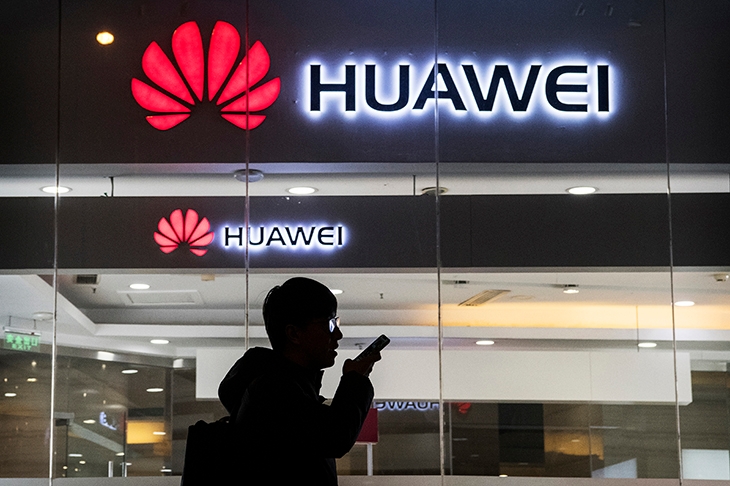On the matter of whether former defence secretary Gavin Williamson was the real ‘H’ in Line of Duty, I admit I may have lost the plot. But meanwhile the rest of the media has rather lost sight of the key issue with Huawei, the Chinese telecoms giant whose involvement in UK 5G networks was allegedly opposed by Williamson and others at a National Security Council meeting chaired by the Prime Minister. The nub of this isn’t whether or not Huawei is closely linked to the Chinese government: let’s just say that objective China-watchers are unpersuaded by assurances to the contrary, while acknowledging an element of trade-war jingoism in the way US politicians bandy the accusation. It’s also fair to acknowledge that so far as we know, Huawei hasn’t actually been proved to provide covert surveillance of US or other states’ secret communications.
The real problem is that the Huawei Cyber Security Evaluation Centre at Banbury has been unable to certify the company’s equipment as secure against sabotage. ‘Further significant technical issues have been identified,’ reported the centre in March. ‘No material progress has been made by Huawei in the remediation of the issues reported last year.’ The technical detail is beyond the layman but my eye was caught, deep in the text, by this admonition: ‘Huawei’s own internal secure coding guidelines are not routinely followed… and, in some cases, developers may be actively working to hide bad coding practice rather than fix it.’
So the trade-off is this: Huawei’s 5G technology is the world’s most advanced and likely to be cheaper than the alternatives developed by Nokia of Finland and Ericsson of Sweden, but unlikely ever to be safe enough for the transmission of secrets; it could also allow China to siphon off commercially valuable data. On the other hand, 5G might not turn out to be as exciting an advance on 4G as it’s cracked up to be, so maybe we can afford to wait and see who really offers the best value for money and the least hackable system.
More importantly, let’s not forget that western-made networks are also susceptible to sabotage, just as western telecoms companies are routinely obliged to co-operate with their own nations’ intelligence agencies — and if we could steal China’s secrets in the same way, we probably would.









Comments
Join the debate for just £1 a month
Be part of the conversation with other Spectator readers by getting your first three months for £3.
UNLOCK ACCESS Just £1 a monthAlready a subscriber? Log in